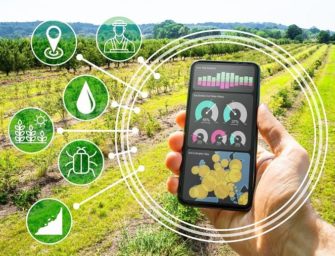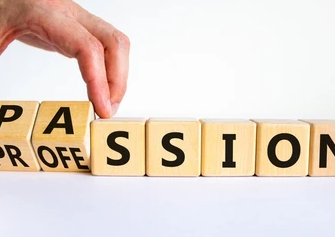AI in Your Pocket: How Smartphone Apps Are Quietly Transforming Healthcare
It’s 8:00 AM. You check your phone and see a notification: “Time to breathe – let’s do 3 minutes together.” You open the app. Calm music plays. A soft voice guides your breath. It feels like self-care, but behind the screen, a powerful artificial intelligence engine is monitoring your stress patterns and optimizing your mental wellness. Welcome to the new frontier of healthcare — powered by AI, and sitting quietly in your pocket.
Artificial Intelligence (AI) is no longer confined to research labs or hospital backrooms. Today, it’s embedded in the apps we download on our smartphones — changing how we monitor, diagnose, and even treat health conditions.
Diagnostics On-Demand
One of the most promising uses of AI in healthcare apps is real-time diagnostics. Apps like SkinVision or Ada Health allow users to input symptoms or take a photo of a mole, and within seconds, the app can provide an assessment. These tools use machine learning models trained on thousands of medical cases to identify patterns that might elude the human eye. While not a replacement for a doctor, they act as a first line of detection — empowering users to seek professional help earlier.
For example, in low-resource settings or rural areas, these AI tools are bridging a critical gap in healthcare access. No longer must someone travel for hours to get a preliminary opinion; a smartphone and a few minutes may be enough to take the first step toward diagnosis.
Mental Health Goes Mobile
Mental health is another area experiencing a quiet revolution. Apps like Woebot and Wysa use AI-powered chatbots trained in cognitive behavioral therapy (CBT) techniques to offer support to users dealing with anxiety, depression, or stress. These bots learn over time, adapting to user feedback and behavior, creating a sense of personalized care.
While some criticize AI for lacking the nuance of human therapists, studies suggest these tools can be surprisingly effective, especially for younger generations who prefer texting to talking. In a world where mental health services are overwhelmed and stigmatized in many cultures, these apps offer a discreet and accessible alternative.
Your Personal Health Coach
Beyond diagnosis and mental health, AI is also fueling a new generation of personal health coaches. Apps like Lumen, MyFitnessPal, and Fitbit use AI algorithms to analyze data from wearables, food logs, sleep patterns, and more — creating tailored advice for better living. Some go as far as predicting glucose spikes before you eat a meal, or recommending workouts based on your energy levels.
This level of personalization, once reserved for elite athletes or high-end clinics, is now available to anyone with a smartphone and a willingness to engage.
The Quiet Revolution
What makes these changes so revolutionary is their subtlety. There’s no grand announcement, no flashing lights — just a notification, a suggestion, a reminder to breathe. Yet behind the screen is a sophisticated engine of data, pattern recognition, and machine learning, transforming healthcare into something proactive, personalized, and portable.
As AI continues to evolve, the smartphone may very well become the most important medical device we own. And the best part? It’s already in your pocket.
Photos : converge.today –
















There are no comments
Add yours